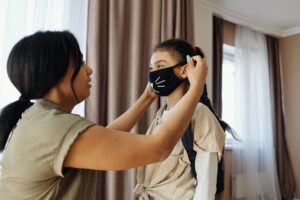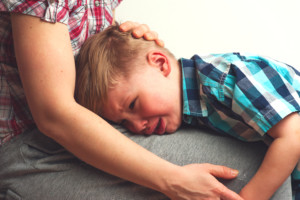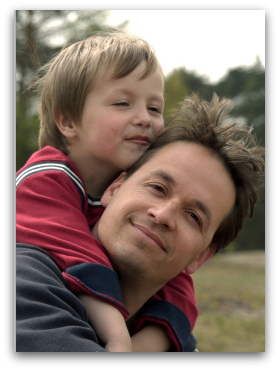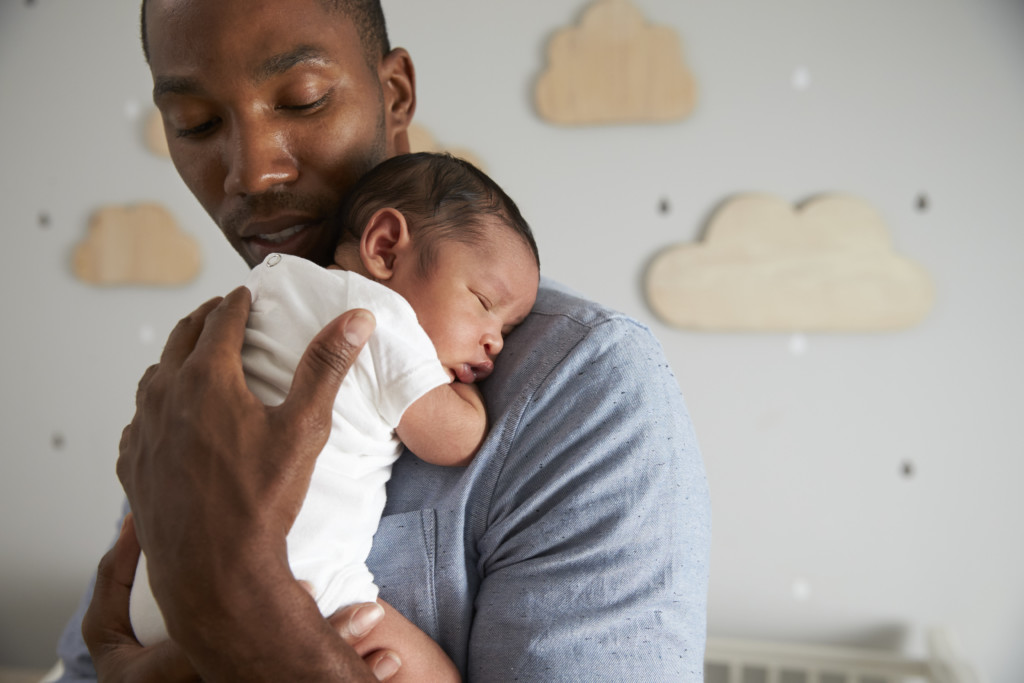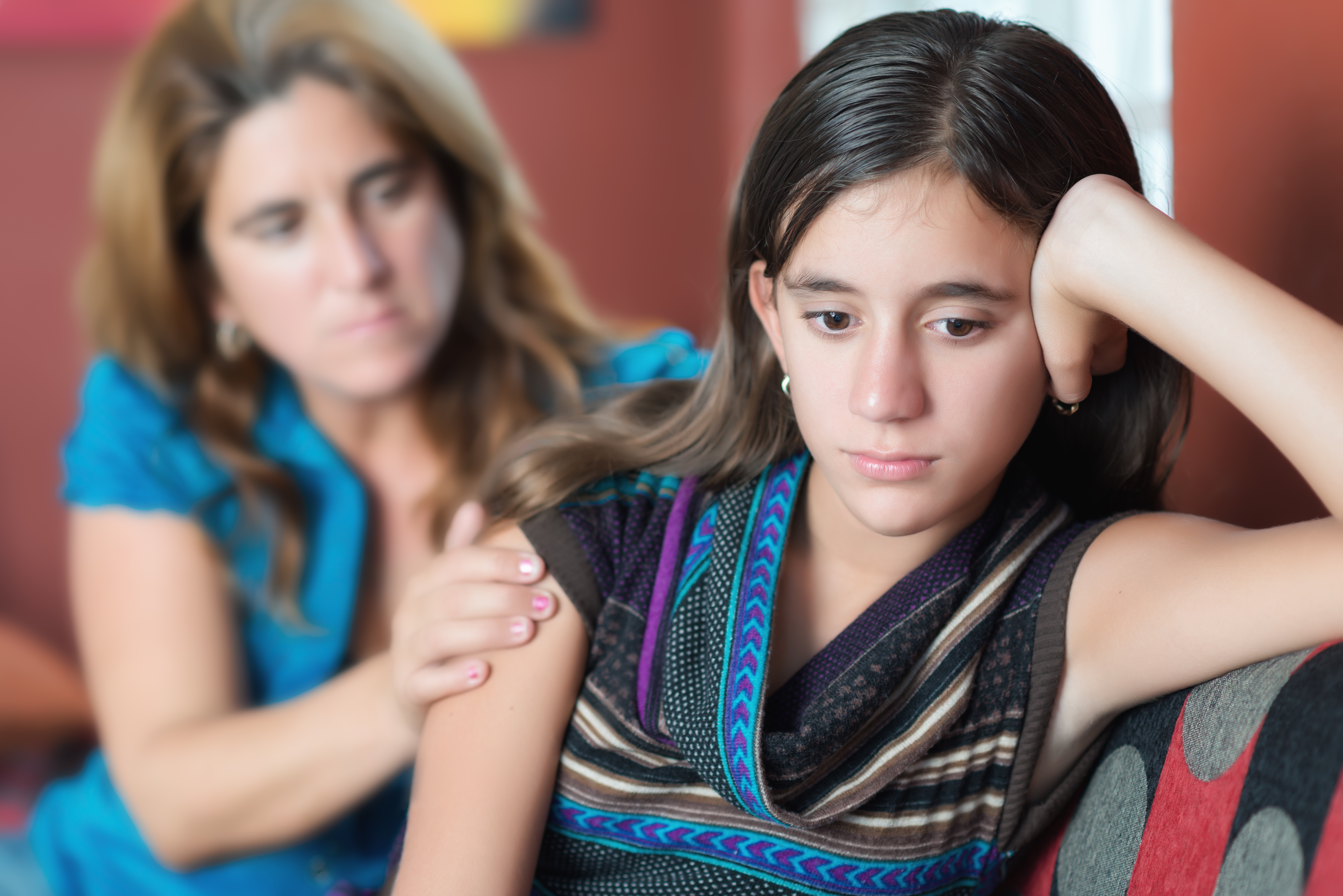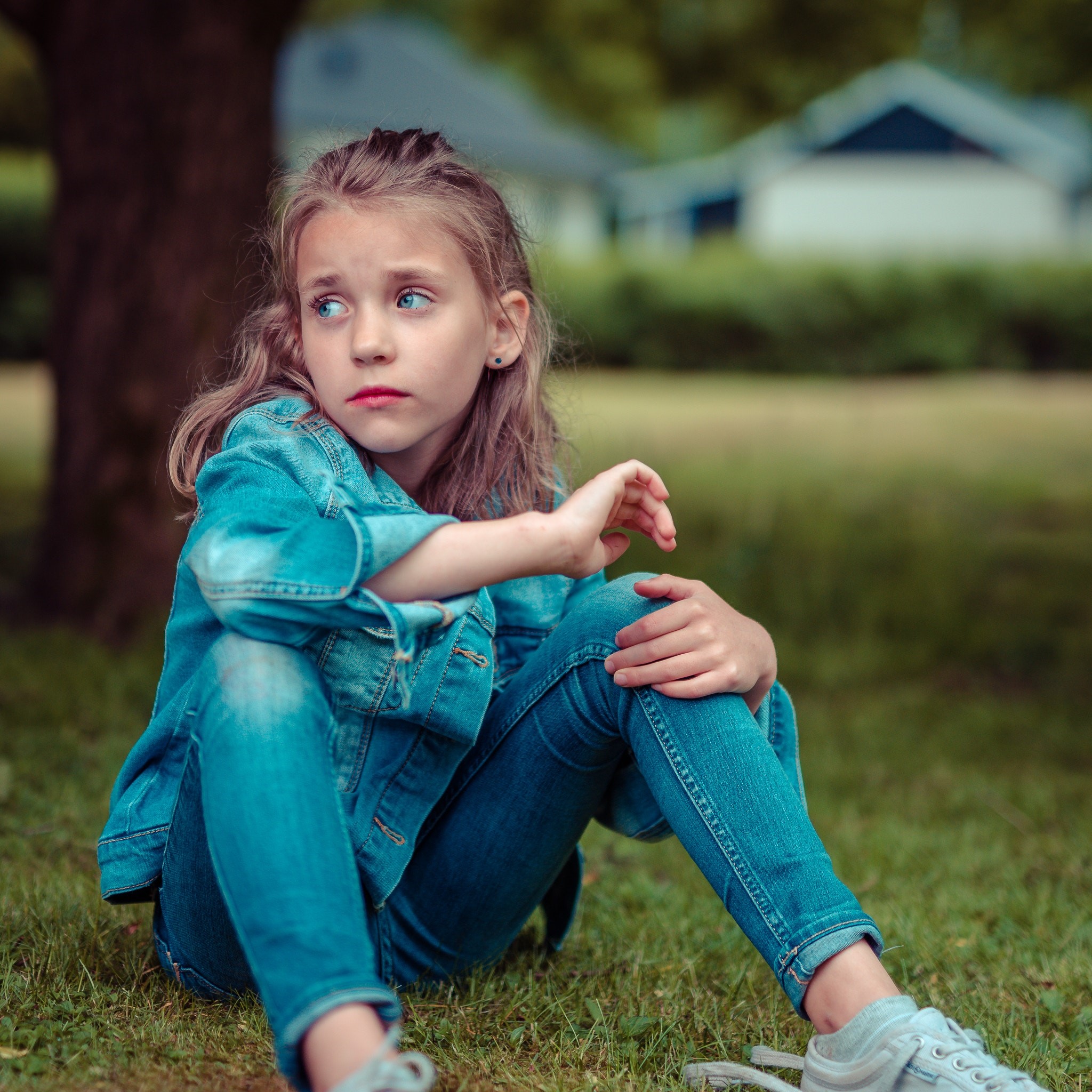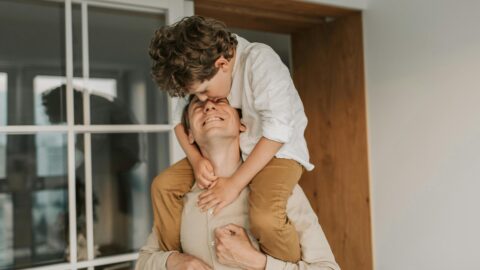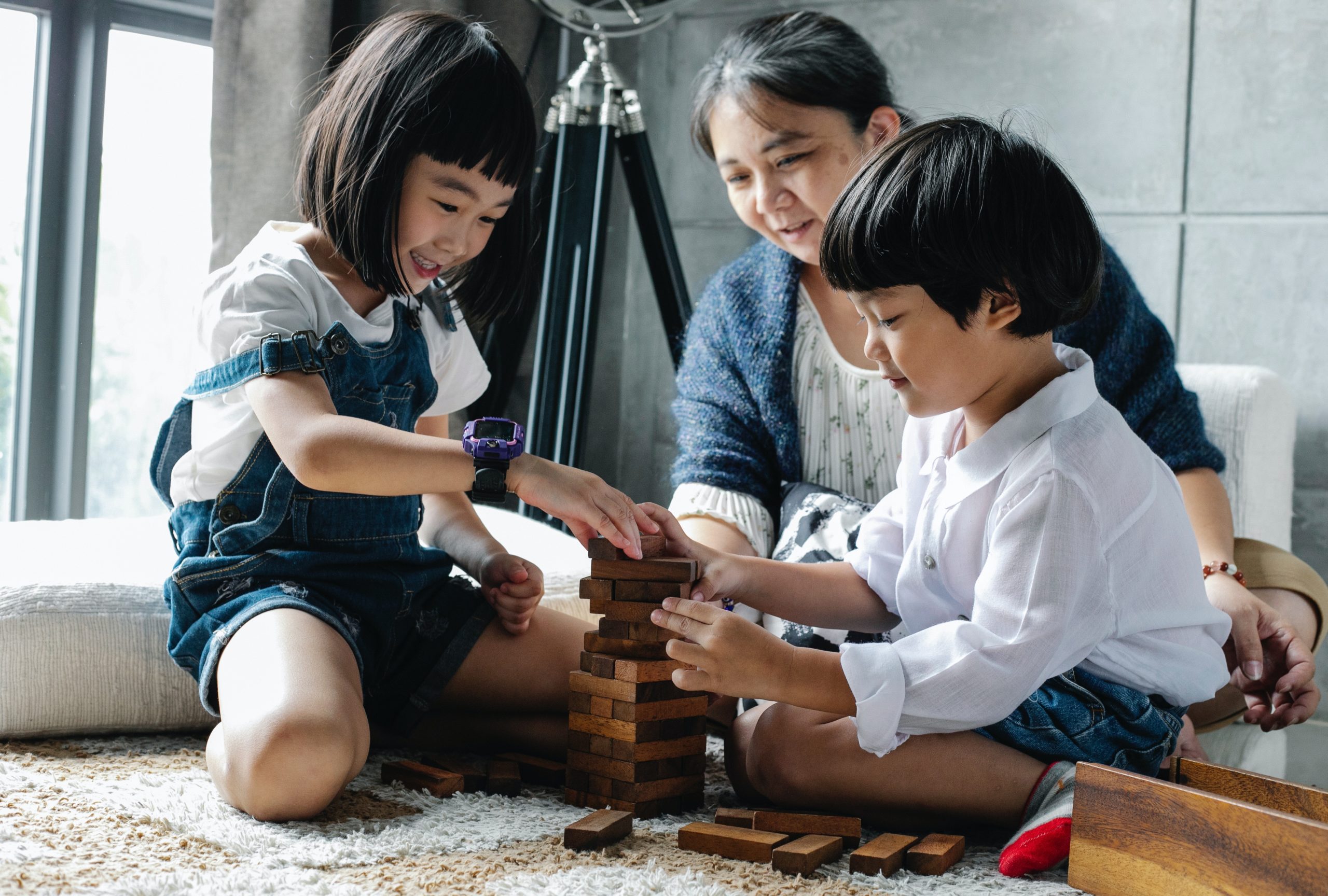Unmasking the impacts of covid on child development
First published as a feature article in The Natural Parent Magazine.
It’s certain that, as time goes on, there will be ongoing research published and books written on the impacts of the pandemic on child development. Yet there’s already a busy community of researchers around the globe working to measure these impacts and starting to share their findings and I’ve added a couple of research references to the end.
In this article, I want to share some of the impacts on individual children in families I’ve had contact with, and families who my peaceful parenting instructors have been supporting with my supervision. Despite the pandemic being less in the forefront of everyone’s minds, the effects on child development are ongoing and a subject worthy of discussion. The bigger the impact of events that destabilize us, the bigger the project of healing and recovery. Yet, the more a parent is aware of the potential impacts on their child, the more equipped they are to help them process or repair such impacts.
Social, emotional and language development
In 2020 and 2021 there were lots of disruptions to life’s normal rhythms and routines with lockdowns, social distancing and reduced contact with family and friends. Previously confident and sociable children were noticeably more socially awkward and anxious. Many children started to become overwhelmed more often. Even those who would rarely get upset or reactive displayed reactive behaviours.
A regression in language development as a result of less social contact and more emotional and physical distance has been noticed by many parents. The child’s brain is hardwired to constantly match words with mouth movements and facial expressions. So, unsurprisingly, the widespread use of masks has undoubtedly stunted verbal and body language development in many children. Parents and teachers have identified regressions in the child’s ability to identify and name emotions following the many language and social changes. In addition to impairment of visual information, masks can muffle speech making auditory processing more difficult. Even with neurotypical children who don’t already have sensory processing or other neurological challenges, this has still been the case. While being even more challenging and often overwhelming for the neurodivergent children who are often already very stretched to process communications especially in social or public situations.
I don’t imagine many of us could have ever anticipated these last three years. The avalanche of health-related measures, restrictions and changes to normal life and society. All around the globe, every family, parent, child, teacher and caregiver has faced challenges and ethical dilemmas and most of us were largely unprepared.[/vc_column_text]
What insights can I bring to this topic?
Running the Peaceful Parent Institute, I’m in the profession of listening to the deeper and very complex issues that my clients are experiencing. This gives me perhaps a different perspective in that I’ve been a compassionate witness to the many and varied challenges that covid has brought to families, not just in New Zealand but around the globe. As have many of our Certified Peaceful Parenting Instructors. Each family faces different challenges but also each parent has a different frame through which they view those challenges.
We need to really stop and think about all these pandemic-related changes and experiences from the perspective of the child. They have no way of cognitively grasping the reasons for these measures. Children need to make sense of that which is hard for them. and when they can’t, it becomes very difficult to come to terms with their challenges. When the child hasn’t been able to understand and come to terms with changes in their life, they generally carry undigested, unprocessed emotions that they need our help to release.
Just about all peaceful parenting approaches that a parent adopts in their day-to-day challenges can have a beautifully healing and therapeutic effect on their child and inch by inch help them feel safe and secure again. With this in mind, we’re currently offering a discount on our 10-Day Peaceful Parent Challenge.
Secure attachment is based on the child maintaining physical and emotional closeness
You’re likely to wonder what you can do about it if your child has developed separation anxiety or has otherwise been affected. A good place to start would be reading my article ‘Helping children adapt to change’.
Alternatively, if you’re the kind of person who prefers a more structured and guided approach, consider the 10-Day Peaceful Parent Challenge. This course will help you to strengthen your bond with your child and increase their sense of secure attachment. Having this secure attachment is like having a strong base. It gives children far more capacity to cope with and deal with life, which is good news for everyone! We’re currently offering 20% off this eCourse. Use coupon code 10DAY20 at checkout.
I’ll share some examples having modified identifying factors to preserve anonymity for the families.
Six-year-old girl develops germ phobia
A girl in Australia developed severe germ phobia. She would become hysterical if a visitor came to the house, or a fly landed on her clothes or furniture. Her anxieties ballooned to include more and more fears of any potential germ threats to her or her family members. Mum and Dad had many loud arguments about how to deal with these new phobias. Mum opted to allow their girl to take her hand sanitizer to bed with her. Dad wanted to reduce the number of times in the day that she applied hand sanitizer.
The issues also compounded as the girl developed dermatitis on her hands. Introducing the challenge to try different options and research the impacts of the various chemicals in different hand sanitiser and mask products. This family are lucky enough to have accessed our professional support to help their child reduce her anxieties, increase her sense of security, and generally work to restore her. This is giving the whole family a sense of safety and normality in their world again. A long journey ahead![/vc_column_text]
An 8-year-old child with autism and SPD
This child experienced much distress related to his mother’s cancer treatments during covid. Son and Dad were not allowed into the hospital with Mum. Mum was very ill and weak with treatment-related anxieties. Dad had to keep fighting to have as much contact with his wife and for their son to have more contact with his mother.
As Dad engaged in many lengthy negotiations with hospital staff, the boy became anxious and dysregulated. Often they sat in the car for hours waiting for the mother to be ready to leave. The boy, at times, needed to use the waiting room restroom, but they were off limits despite Dad’s pleas. The boy was also upset they could no longer have their coffee shop treats, while Mum was having her treatments.
Had Dad been able to accept the measures, he might have been able to be more positive with his son but he was going through his own personal hell during these already distressing times as he could not keep the family together and connected. The boy already struggled with separation from his mother, the primary attachment figure. Under such strict restrictions and state-imposed family separation, feelings of grief, confusion, anxiety and frustration were much more heightened.
Children separated from their grandparents
A 5 and 7-year-old brother and sister became increasingly distant from their grandparents over months of no longer meeting face to face. The children were upset at not being able to see their grandparents. But they were consistently responded to with explanations of the risks of the grandparents getting sick, inadvertently affirming to the children that they posed a risk to their grandparent’s health.
Sadly but understandably, both children slowly lost the beautiful enthusiastic bond and affection previously held for their grandparents. This breakdown of these essential bonds created fear, anxiety, loss, grief, confusion, guilt, resentment and anger for the children.
Their mother resented her children refusing to talk with their grandparents on Zoom until she better understood what was happening. When she sought my help, I supported the mother to learn to reduce the messages of fear. She learned approaches like power-reversal games and active listening to help the children free themselves of all their latent emotions. It became apparent that the mother’s covid-related fears had resulted in her minimizing the emotional impacts on her children. That is until she gained more emotional support and some tools to better deal with the situation.
Pre-schooler’s struggle to cope with covid related changes at her EC centre
Sandy, a counselling client with lifelong anxiety, had only just gotten to the stage of her daughter now being settled into her early childhood centre when covid hit. It had been a long journey to move to a new centre that was a better fit for her daughter. 2-year-old Tara had settled in with bonds developing with two teachers and a couple of the children. Between lockdowns and avoiding the centre when anyone in the family had as much as a sore throat, it was about three months before Sandy took Tara back. Sandy talked lots about daycare enlivening her daughter with positive images and emotions around reuniting with their buddies and activities at the centre.
The reality of that reunion, however, was dramatically different… Sandy had expected a warm, friendly, enthusiastic welcome based on the previously super-friendly demeanour of the head teacher. However, the reception was more that of security in Los Angeles airport!
They were halted at the gate by a board with all the familiar covid signs, hand sanitiser and very bold writing to warn visitors. The teacher arrived at the door masked up. She was clearly on high alert seeing mother and child standing there without masks! Motioning to her mask she called out for them to put on their masks. Sandy scrambled to find her mask exemption and felt a twinge of humiliation explaining that masks activate her panic attacks. The teacher hesitantly accepted this and asked Sandy to sign in. Again, embarrassed, she explained that she hadn’t brought her phone. Sandy then felt like the problem parent at the instruction to sanitize. She had to explain that her hands become raw when she applies sanitizer.
I was very sad to learn that a happy warm moment of reunion never did happen even after all the levels and layers of restrictions. Sandy felt the teacher’s disapproval. She felt utterly heartbroken that her daughter was experiencing such a dramatically different physical and emotional environment. Sandy felt guilty and angry but understood the teacher was gripped by fear and pressure from the new rules. So many painful emotions. Sandy decided to stop bringing her daughter to this, or any other centre as she didn’t have the emotional capacity to go through a similar ordeal again.
My heart goes out to those who have lost loved ones
I also want to also acknowledge those families who have experienced loss through illness or suicide. Those families who have lost their business or job, and those experiencing overwhelming financial or health problems. Loss leaves ongoing challenges. You might find some helpful tips in my article: Helping children adapt to change.
How to balance body autonomy and necessary health or medical interventions
This was the title of a past Natural Parent article. In it, I tackled some typical challenges related to necessary medical interventions. I recommend reading that article if you’re needing more practical suggestions on how to deal with these challenge.
In the article I share:
The concerns for our child’s health can evoke a lot of anxiety in us parents, and this anxiety can put us into a stress response, which can really break down the connection. Yet whether it’s giving them medicine or another measure, these are times when our child most needs to truly feel and access the sense of safety that only connection can bring. It helps to remember what a huge role that stress or happy hormones play in maximizing or minimizing pain, and in optimising or suppressing the immune system.
Your awareness of the impacts of covid on child development changes those impacts from invisible to visible
If the impacts of covid on child development concern you, probably the most important factor is your mindful and caring attention of the emotional impacts. This awareness will result in different choices that empower you and your child. Each parent must decide what’s best for their individual child, as with all parenting issues. Only you can find your truth and the strength to follow what you believe to be right. There’s huge strength in doing that which aligns with your values and sharing those values with your child. This is true even if, especially if, this results in decisions that you fear are socially unacceptable, if it brings up ethical dilemmas and emotional challenges. But remember the powerful modelling for your child when you do that which feels right. This is regardless of what may be dictated by authority figures, be it the teacher or the government.
This article was first published in The Natural Parent Magazine
References:
- Impact of the COVID-19 Pandemic on Early Child Cognitive Development: Initial Findings in a Longitudinal Observational Study of Child Health https://www.medrxiv.org/content/10.1101/2021.08.10.21261846v1
2. Standards for Objectivity and Reproducibility in High-Impact Developmental Studies—The COVID-19 Pandemic and Beyond https://jamanetwork.com/journals/jamapediatrics/fullarticle/2786782
Genevieve Simperingham is a Psychosynthesis Counsellor, a Parenting Instructor and coach, public speaker, human rights advocate, writer and the founder of The Peaceful Parent Institute. Check out her articles, Peaceful Parenting eCourses, forums and one-year Peaceful Parenting Instructor Training through this website or join over 90,000 followers on her Facebook page The Way of the Peaceful Parent.

